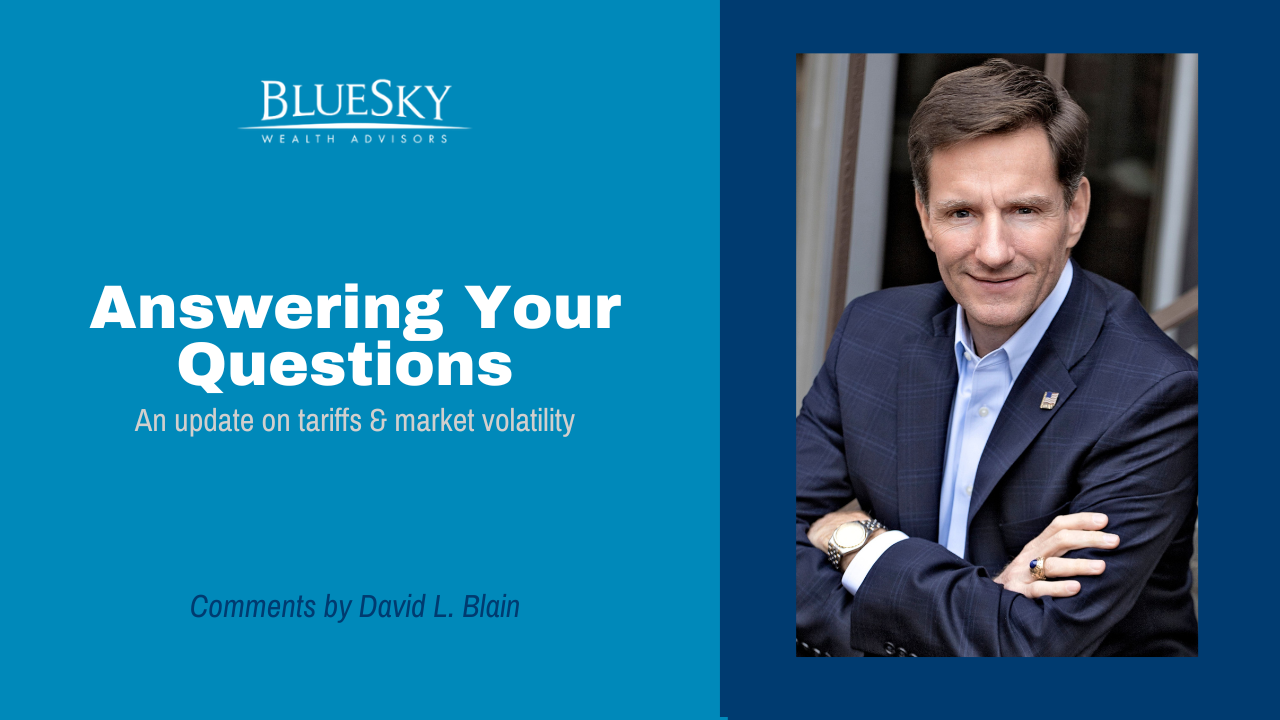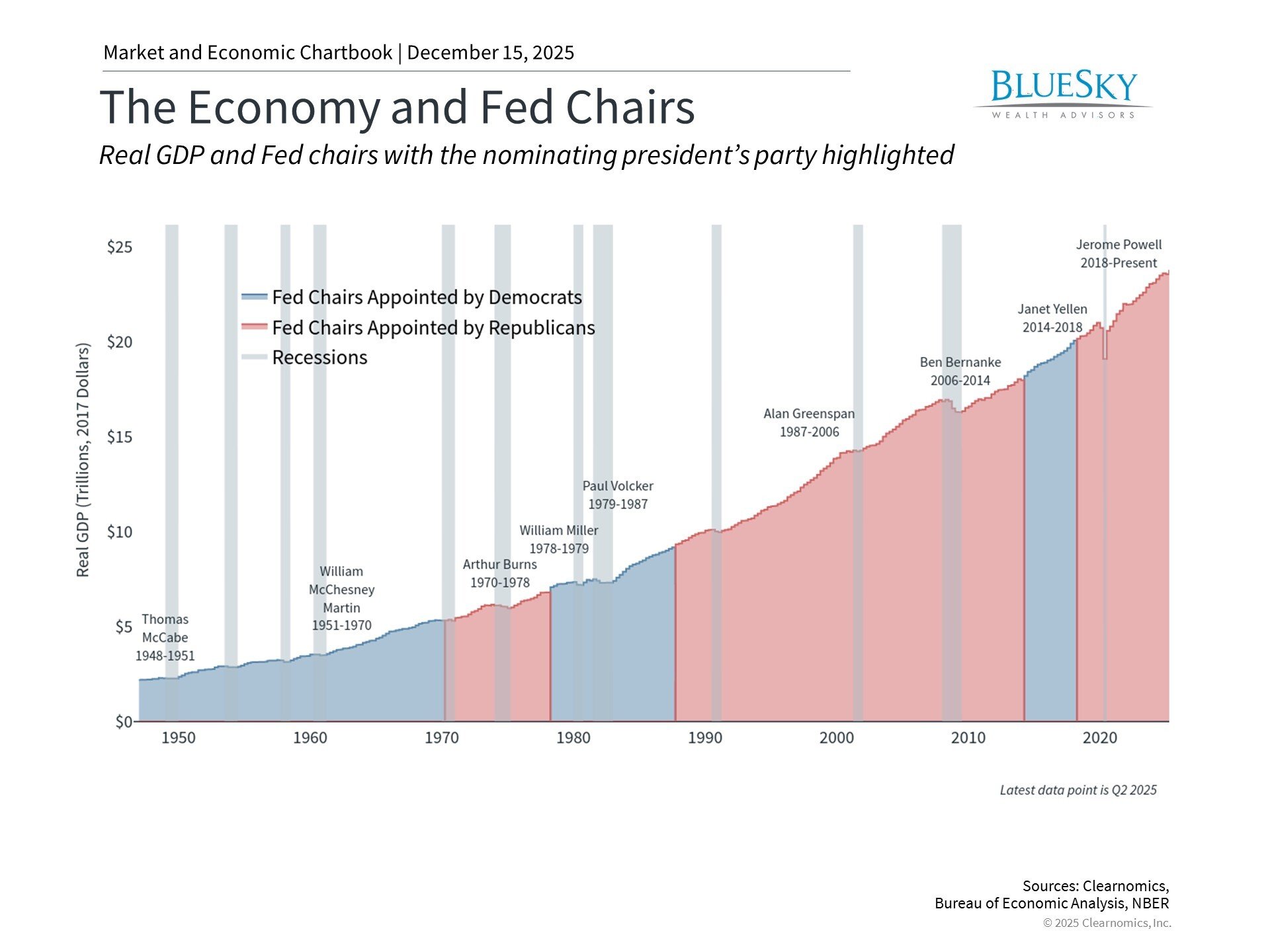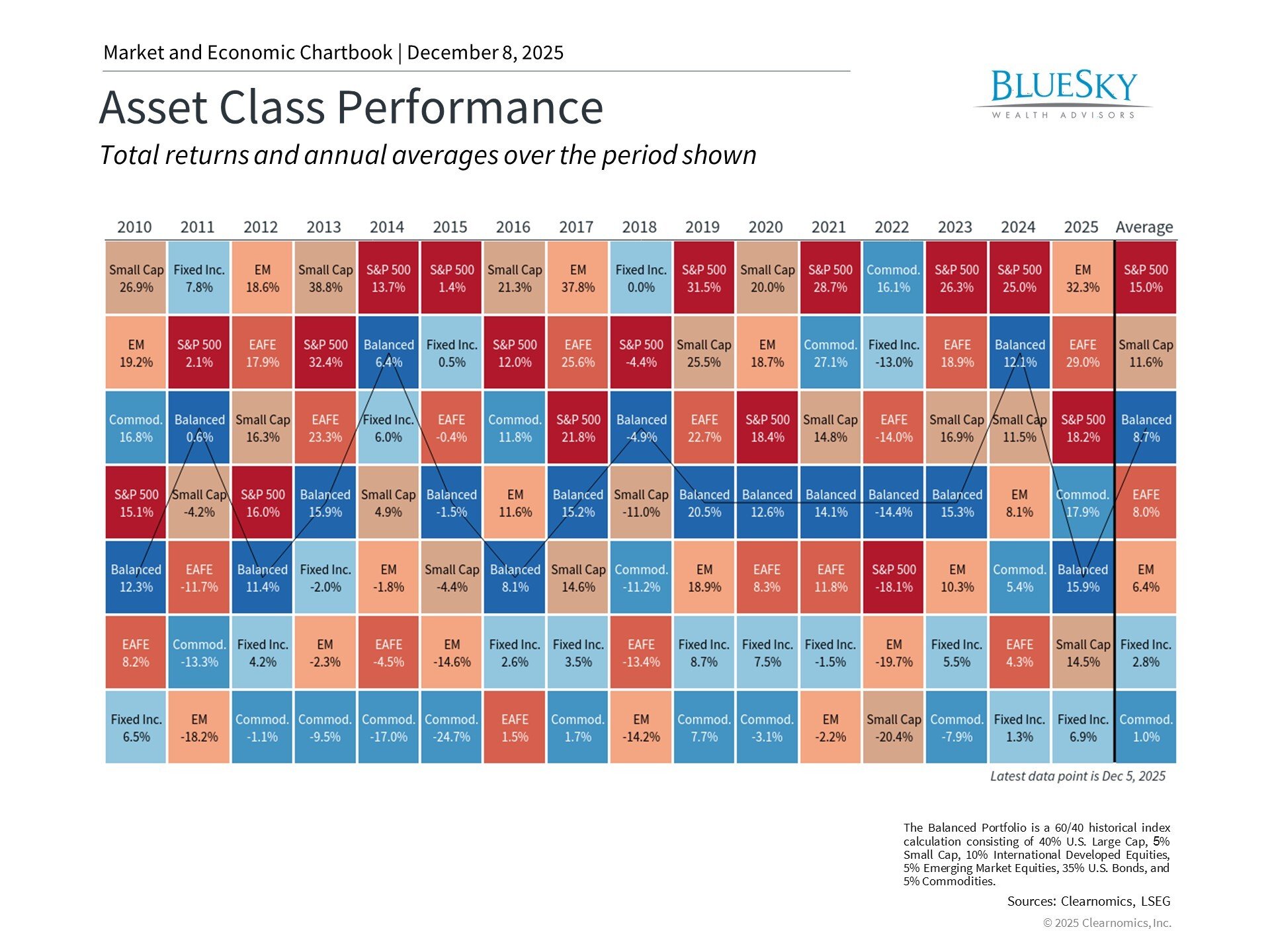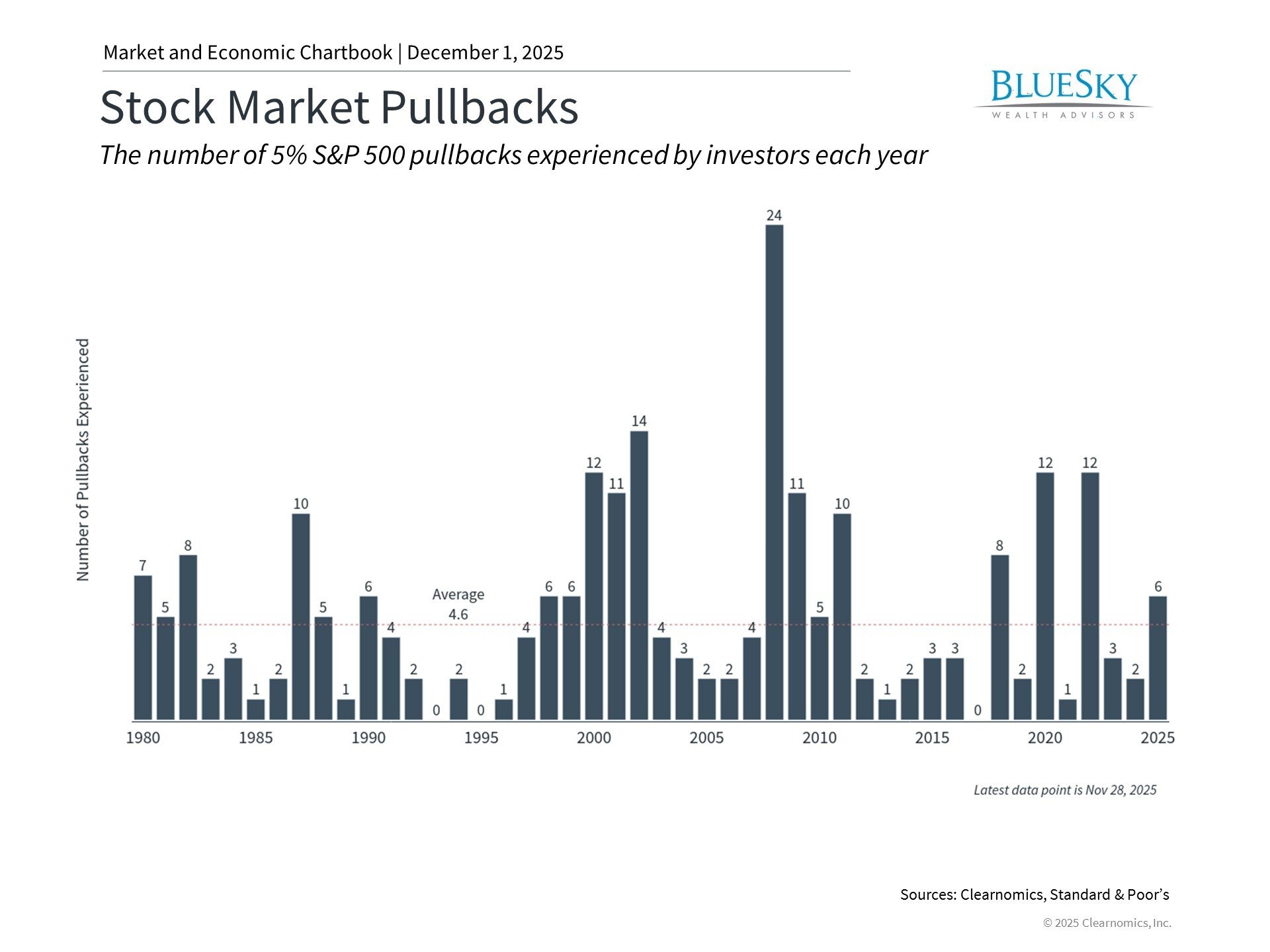
Economic Update: Tariffs and Market Volatility
Economic Update: Tariffs and Market Volatility

As of April 7, 2025
A Jolt to the Global Market
Unless you've been on vacation in a place far removed from the news—Mars, perhaps—it's likely you've heard about the recent tariffs announced by the Trump administration. These measures have sent ripples through global markets, creating both confusion and concern for investors.
In this article, we’ll explore what’s really happening, why the markets have reacted so sharply, and what—if anything—you should do about it.
The Five Underlying Issues
To understand the broader context behind these new policies, we must first identify the core issues they’re attempting to address:
- Unfair Trade Practices: Many countries impose tariffs that differ from those the U.S. enforces, creating an imbalance often deemed unfair by policymakers.
- Soaring Spending Deficit: The U.S. currently runs an annual deficit exceeding $2 trillion.
- National Debt: Totaling over $37 trillion, the debt continues to grow.
- Loss of Manufacturing Jobs: U.S. manufacturing employment has steadily declined for decades.
- Dependence on Foreign Nations: COVID-19 underscored our reliance on other countries for critical goods, including pharmaceuticals, rare earth materials, and military-grade technology.
These challenges are real. Whether tariffs are the best way to address them is subject to debate. But one undeniable consequence of these policies is heightened uncertainty—and that’s what markets dislike most.
Uncertainty’s Impact on the Market
Markets crave predictability. When new policies are introduced—especially ones with wide-reaching global implications—uncertainty surges, and investment activity stalls. The result? Volatility.
Over the past week, we’ve seen this firsthand. Long-term Treasury bonds rose 3.3%, while the S&P 500 fell 9%. European markets, which had been strong year-to-date, also retreated. Though the causes vary, the pattern of correction is not unprecedented.
Historical Perspective: Market Corrections Are Normal
Looking back over the decades, markets have experienced major corrections time and time again:
- Bay of Pigs & Cuba Crisis (1962): -28%
- Oil Embargo (1974): -48%
- Black Monday (1987): -34%
- Dot-Com Bust + 9/11 (2000–2002): -49%
- Global Financial Crisis (2007–2009): -56%
- COVID-19 Crash (2020): -34%
- Inflation-Driven Correction (2022): -25%
Each downturn had different causes—but the pattern remains the same. The market dips, uncertainty spikes, emotions rise. But recovery always follows.
Why Long-Term Investors Are Rewarded
A key point to remember: you are rewarded for enduring uncertainty.
Historically, the S&P 500 has delivered a 10% average annual return—a figure far above “risk-free” alternatives like Treasury bonds. That reward is not without cost. It demands patience, emotional resilience, and faith in the long-term potential of capitalism and innovation.
There’s no free lunch in investing. You’re compensated for staying the course—especially when it’s uncomfortable.
What You Should Do Now
If you're working with BlueSky Wealth Advisors, rest assured: this kind of volatility is already built into your plan.
We don’t pretend to predict when these events will happen, but we know they will happen. That’s why we stress-test your financial plan and use disciplined, evidence-based investment strategies designed to weather the storm.
What should you do?
- Don’t react emotionally. Selling during a downturn only locks in losses.
- Stay the course. Your investment strategy is built for moments like these.
- Focus on what you can control. Spending, saving, diversification, and your goals are within your control. Global tariffs? Not so much.
Final Thoughts
There’s a lot we can’t predict: what Congress will do, how other countries will respond, or where the market goes next. But there are plenty of things we can influence—our behavior, our strategy, and our mindset.
At BlueSky, we’re actively monitoring your portfolio, tax-loss harvesting where appropriate, and rebalancing according to your plan. We’re here to help you focus on the big picture—and to live more, worry less.
If you have questions or just need a bit of perspective, we’re always here to talk.





